8 Bike Tools You Didn't Know You Needed
1. Long-Handled Allen Wrench
Years ago, this list would have included a high-quality pedal wrench, but more pedals are increasingly forgoing traditional wrench flats on the shaft of the spindle in favor of a hex fitting in the end of the spindle. A long-handled hex wrench like the Park Tool HT-8 (8mm) or HT-6 (6mm) offers good leverage for removing and installing pedals. An ergonomic screwdriver handle bolsters your grip when dealing with stubborn pedals, and a ball-end fitting on the butt of the tool helps speed up initially threading the pedal to the crank. The HT-8 does double duty as a crank-fixing bolt wrench, and Park also offers an HT-10 (10mm) that fits some cranks as well.
2. Handheld Torque Keys
Having a proper shop-quality torque wrench is essential if you are a full-time mechanic. But for most who only occasionally work on our own bikes, the expense of a larger precision torque wrench is above budget and mostly unnecessary. In this case, smaller preset torque wrenches are great options. These tools are preset to certain torque values and are excellent for final tightening on stems, handlebars, and seatposts—the most common fittings you’ll be adjusting, and the ones that need the most care when tightening.
3. 3-Way Torx Wrench
Lately, more fittings—especially handlebar/stem bolts and chainring bolts—are coming as T25 and T30 sizes. While a traditional L-shaped wrench will certainly work to loosen and tighten them, a three-way style wrench that includes both the above sizes and a T10 (useful for bleed screws on some hydraulic brake systems) fits the hand a bit better, and adds utility—you’ll have all the sizes you need close at hand.
4. Spoke Wrench
In the age of pre-built wheels with proprietary spokes, few people seem to true wheels themselves anymore. But these tiny wrenches are cheap and useful to keep around just in case, and they’re used on the vast majority of wheels available. There are many simple styles of wrenches out there, but we like the Park Tool Master Spoke Wrench. This well-made, color-coded tool has a pleasing heft and fits the hand well. Just make sure to get the correct size for your wheels (the Master comes in three sizes).
5. Vernier Caliper
A vernier caliper is a type of sliding ruler with jaws designed to measure diameters and thicknesses. It’s essential for finding the correct sizes of derailleur clamps, handlebars, seatposts, and and even measuring tire clearance. They range in price from about $10 for a simple model to thousands of dollars for medical and industry-grade items. They can also feature a simple printed scale in both metric and SAE, or dials and digital readouts.
6. Steel Pick
The Park Tool Utility Pick Set (UP-SET) is a trio of aluminum-handled picks with knurled stainless shafts in 3 configurations: straight, 45-degree angle, and 90-degree angle. The butt-end of each tool has a magnet that’s useful for grabbing bearings out of a hub or picking up small parts, such as snap-rings, off the workbench.
7. Cable Puller
Even in in the age of wireless and electronic drivetrains and hydraulic brakes, cables and housing still rule the roost when it comes to brake and derailleur systems. Pedro's Cable Puller, also know as a fourth hand tool, is a plier-like apparatus that allows bike mechanics to pull the excess slack out of a cable and housing system and lock the system in place. That frees up both the mechanic’s hands to tighten bolts and make other adjustments (like aligning caliper brake pads). And it’s no one-trick pony: It can also be used to pull zip ties tight.
8. Disc Brake Multi-Tool
Hydraulic disc brakes are becoming common on more than just mountain bikes, which means that many more riders will need to adjust them in the future. That generally includes truing rotors, blocking the pads when a wheel is out of the frame, and, in case you should forget to do that, pushing the pads back into the bore of the caliper.
Circle City Bicycles and Fitness
5506 Madison Ave.
Indianapolis, IN 46227
(317) 786-9244
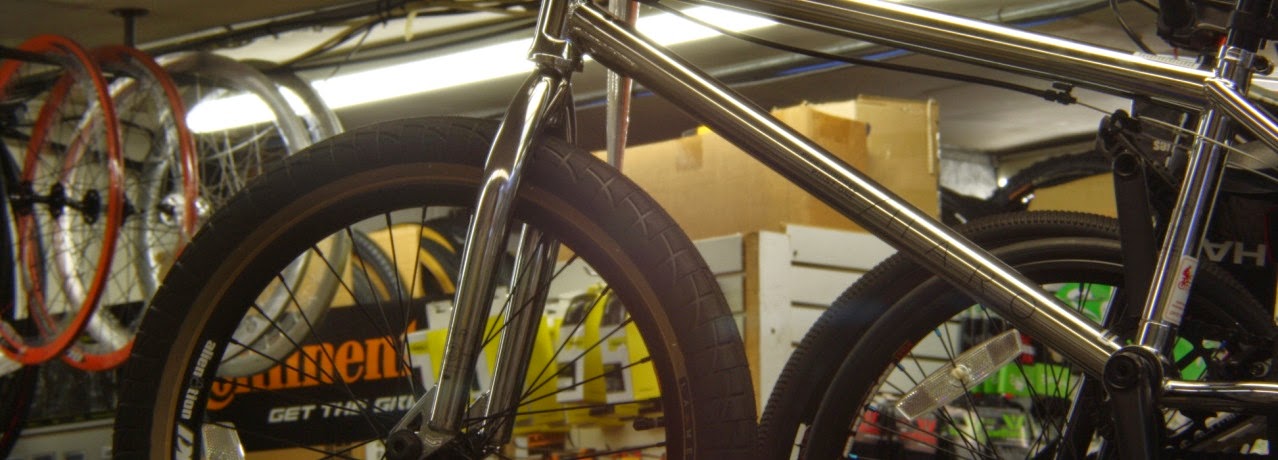

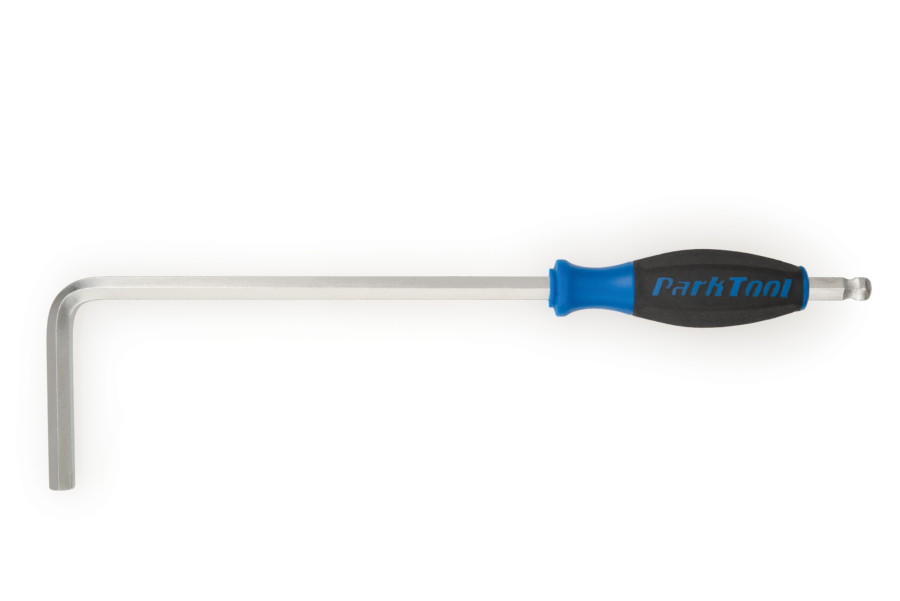

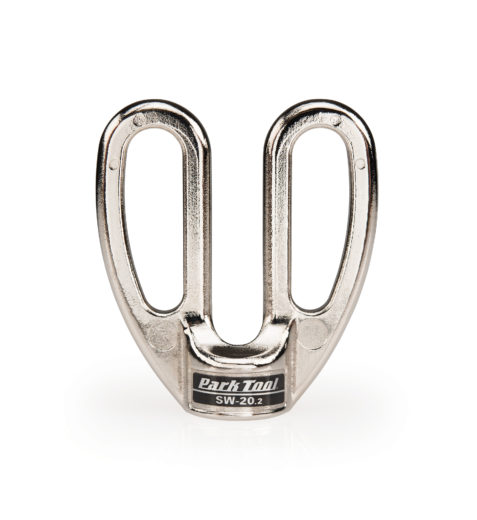
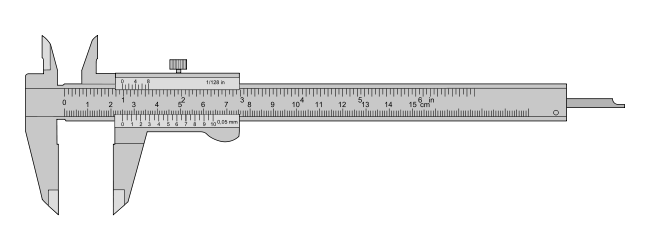
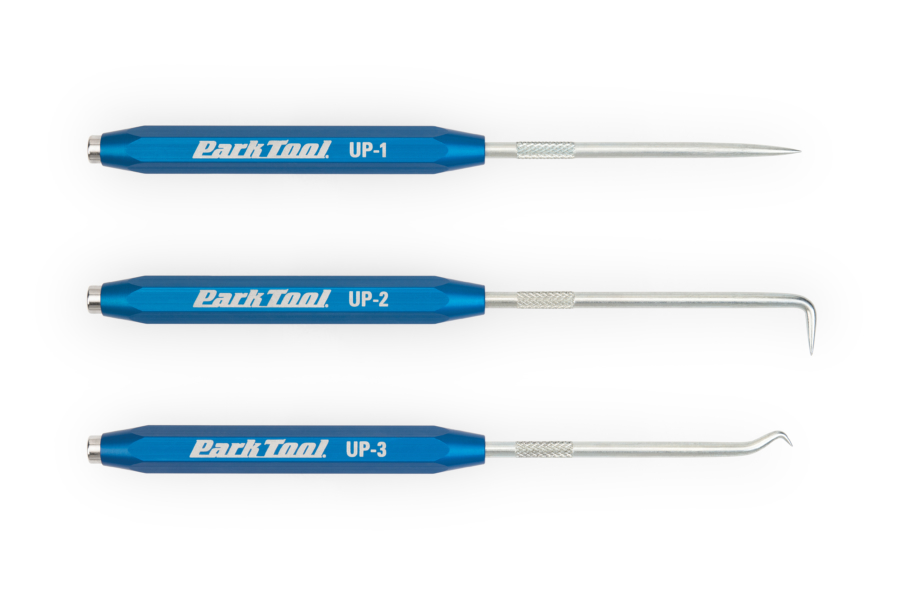

No comments:
Post a Comment